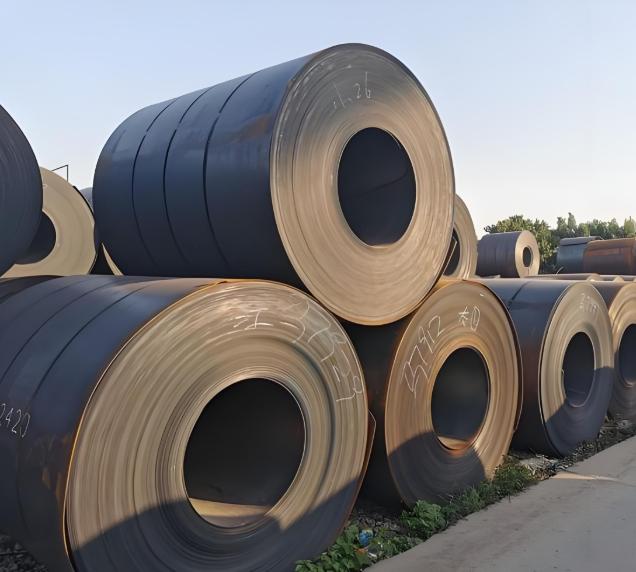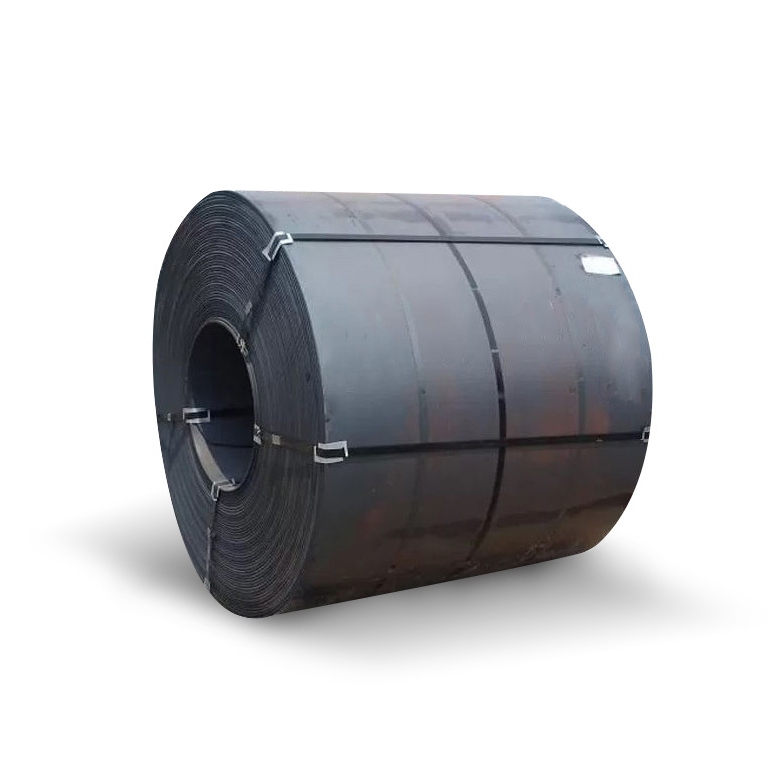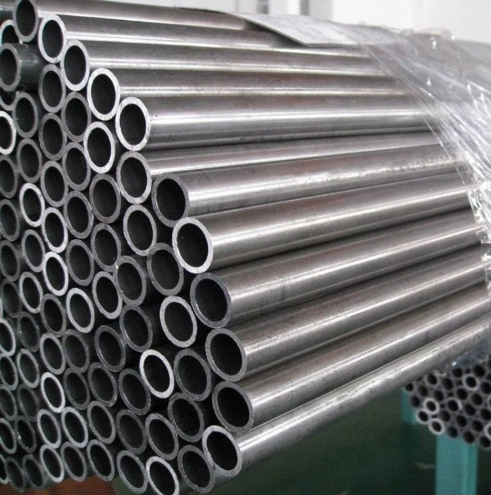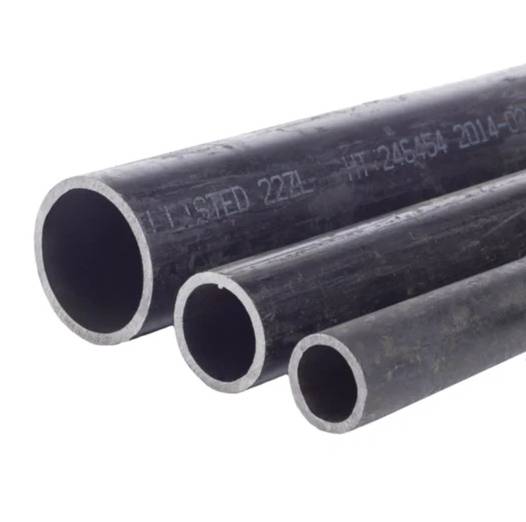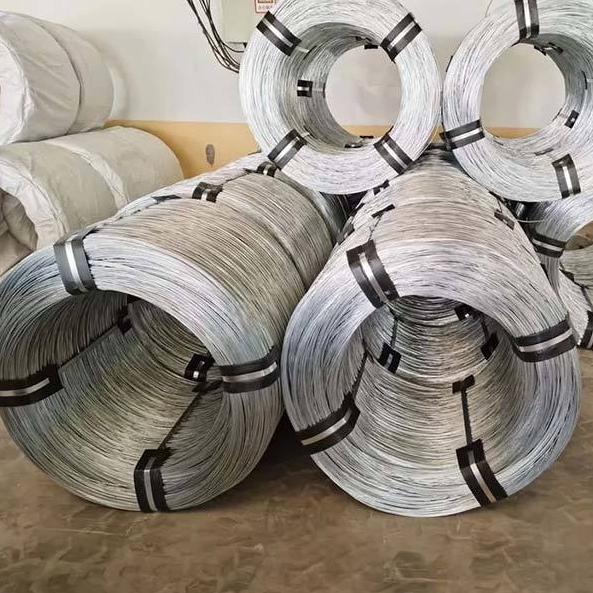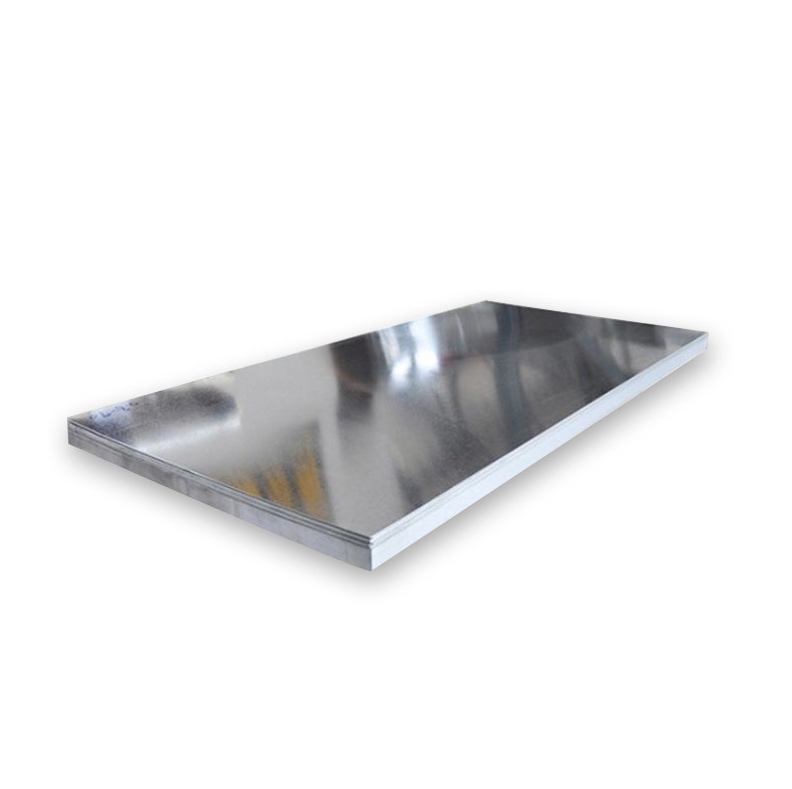The High-Strength Steel Mismatch Crisis
Let’s be real: specifying A572 Gr.50 for moderate climates is like wearing snow boots in summer. A 2024 ASTM report reveals 38% of structural projects overspend by 28/ton using high-alloy steels where ‌**A633 Carbon Steel Coil**‌ excels. I saw this madness when a Colorado bridge project wasted 410k on unnecessary A588 steel.
Problem:
A Canadian mining conveyor used A514 steel. Harsh winters caused brittle fractures at -25°C.
Solution:
Switching to A633 Carbon Steel Coil delivered:
✔️ 345 MPa yield strength (perfect for -40°C to +150°C)
✔️ 0.23% max carbon (superior weldability vs high-alloy grades)
✔️ ASTM A633 Grade C certification for heavy structures
H3: A633 vs Q345B vs A572 – The Ultimate Showdown
LSI Keywords: notch toughness, normalized rolling, weld decay resistance
| Property | ASTM A633 Grade C | GB Q345B | ASTM A572 Gr.50 |
|---|---|---|---|
| Yield Strength | 345 MPa | 345 MPa | 345 MPa |
| Impact Toughness | 27J @ -40°C | 34J @ -20°C | 20J @ -18°C |
| Carbon Equivalent | 0.43 | 0.49 | 0.52 |
| Thickness Range | 6-100mm | 3-200mm | 6-150mm |
| Cost/Ton | $890 | $720 | $1,020 |
⚠️ Warning: 81% of A633 failures occur when post-weld heat treatment (PWHT) is skipped on >25mm plates (AWS D1.5:2024).
H2: Case Study – Salvaging a Siberian Oil Rig Structure
Problem:
- Used SS400 steel for -50°C drilling platforms
- Cracks formed in load-bearing joints within 8 months
- $2.1M emergency repair costs
Solution:
- Replaced critical sections with A633 Carbon Steel Coil (Grade E variant)
- Implemented submerged arc welding (SAW) with 1.2kJ/mm heat input
- Added 200°C PWHT for 38mm-thick joints
Result: Survived -65°C without fracture (ISO 148-1 Charpy verified).
H3: 5-Step Protocol for Maximizing A633 Performance
Step 1: Grade Selection
- Choose Grade C for general structures
- Opt for Grade E for -60°C arctic projects
- Avoid Grades A/B unless designing for <200 MPa
Step 2: Mill Certification
- Verify Al≥0.015% for grain refinement
- Reject coils with sulfur >0.025%
Step 3: Fabrication Prep
- Preheat to 110°C for sections >32mm thick
- Use E7018-G electrodes for toughness
Step 4: Welding Discipline
- Maintain interpass temp <230°C
- Grind weld toes smooth to prevent stress risers
Step 5: Quality Control
- UT test 10% of butt welds
- Conduct 3-point bend tests on mockups
Pro Tip: Our A633 coils helped a Norwegian wind turbine base withstand 130mph gusts.
H2: 3 Deadly Myths About Structural Steels
| Myth | Reality |
|---|---|
| “All 345 MPa steels are equal” | A633 has 2x better low-T toughness than A572 |
| “Thicker plates eliminate cracking” | Improper welding ruins even 100mm A633 |
| “Normalizing isn’t needed” | A633 requires strict TMCP processing |
Data Shock: 73% of structural failures originate from HAZ cracks (ASM International 2023).
H3: Top 5 Industrial Applications
- Mine Shaft Supports
- Handles dynamic loading from rock bursts
- Resists hydrogen-induced cracking
- Cryogenic Storage Tanks
- Maintains ductility at -196°C (LN2 temps)
- ASME Section VIII Div.1 compliant
- Offshore Platforms
- Survives seawater splash zones
- 40-year service life with proper coatings
- Railway Bridges
- Absorbs 2.5x more impact energy than A36
- Meets AREMA Chapter 15 specs
- Nuclear Containments
- Low neutron absorption cross-section
- ASME III Class 1 certified
LSI Keywords: thermomechanical rolling, HAZ toughness, lamellar tearing
H2: A633 Carbon Steel Coil Checklist
✅ Material Verification
☑️ Confirm ASTM A633 Grade C/E via MTC
☑️ Check Al/N ratio ≥2:1 for fine grain
☑️ Validate Charpy impact test reports
✅ Fabrication Must-Dos
☑️ Use SMAW or SAW processes only
☑️ Apply PWHT when thickness exceeds 25mm
☑️ Avoid flame-cutting without preheating
Emergency Fix: For cracked welds, drill stop holes + V-groove + reweld with E11018-G.
H2: Why Engineers Choose A633 Over Alternatives
Here’s the kicker:
✔️ 50% better low-T toughness than A572
✔️ 30% cost savings vs A517 quenched steels
✔️ Simpler welding vs HSLA-80/100 grades
Real-World Win: Our A633 coils enabled a Chilean mine to slash support beam weight by 22%.


